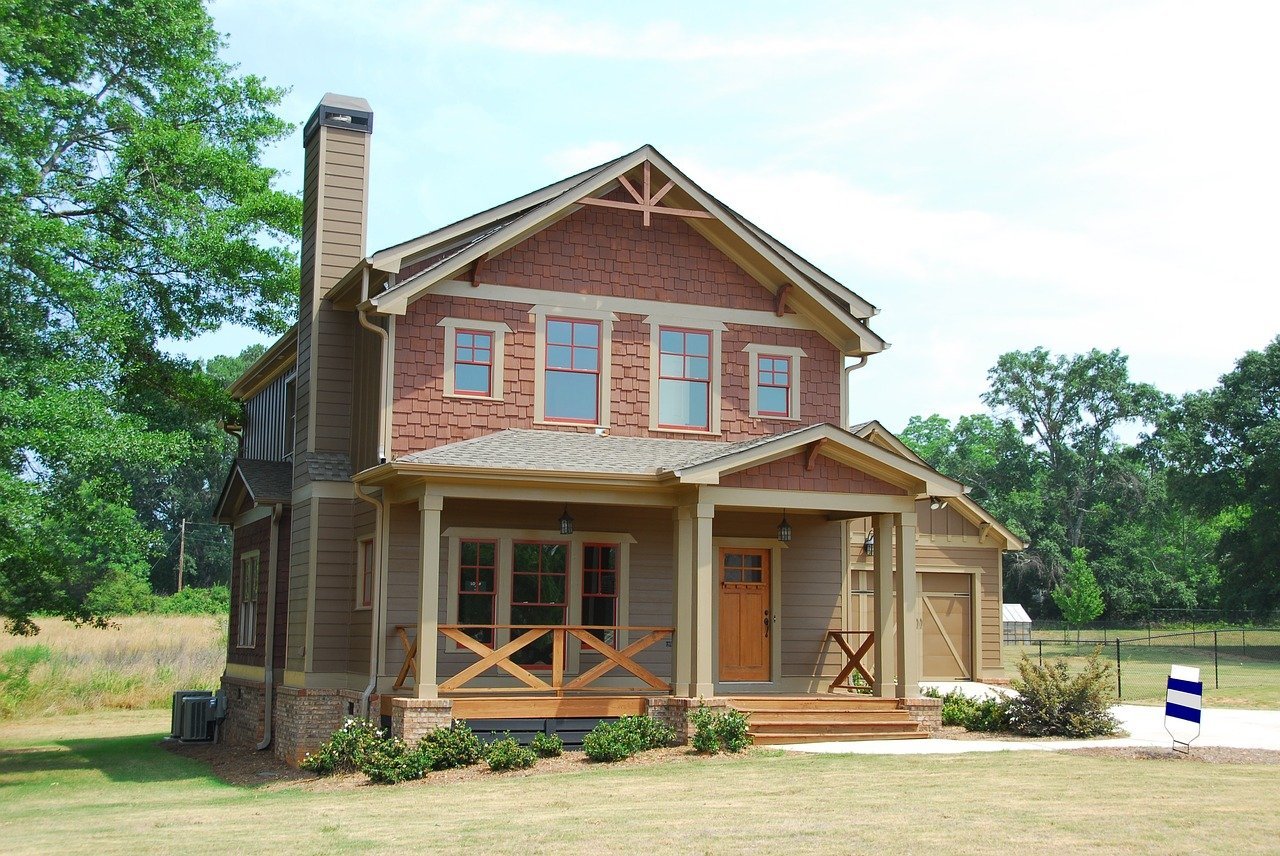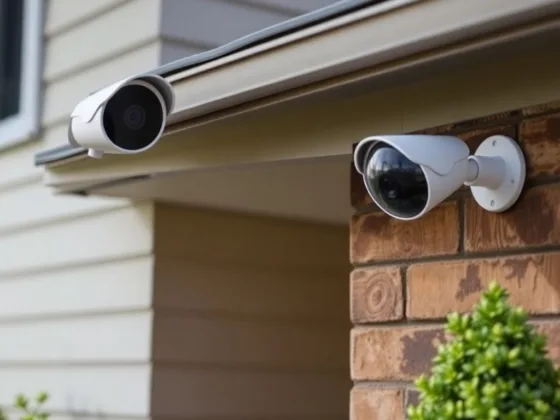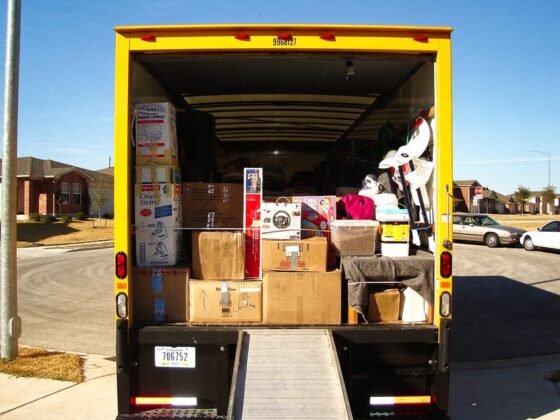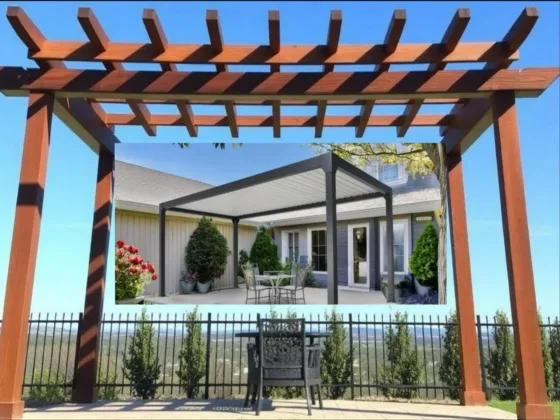Table of Contents Show
Are interest rates still low in the housing market?
While interest rates are starting to rise back up, they’re still historically low. On average, you can get an interest rate as low as 2.901% for a 30-year fixed-rate mortgage.

However, qualifying for a mortgage doesn’t automatically mean you’re prepared to buy a home.
If you’re thinking about buying a house, this home buyer’s guide is for you. In this article, we’ll tell you the truth about what new homeownership is like.
From navigating down payments to creating a new monthly budget, we’ll cover everything you need to know before you start bidding on homes.
Read on to learn how to prepare to be a new homeowner.
1. Truth About Downpayments
Let’s start by talking about making down payments to purchase a new home. In the past, you’ve probably heard that you have to put down a 20% down payment on your home mortgage.
However, the old 20% downpayment rule is no longer true.
Instead, the minimum down payment for a home will depend on the type of loan you’re getting. You can click here to explore the different types of mortgages.
If you go with a conventional loan, you can enjoy especially low down payment amounts.
2. Dangers of Overspending
As a first-time homebuyer, it can be tempting to max out your homebuying budget. However, if you spend too much paying for your house, you’ll wind up unprepared for the responsibilities of new homeownership.
You also have to consider unforeseen life events, such as losing your job or growing your family.
Keep in mind that the amount you’re preapproved for isn’t the budget you should set. You could be preapproved for a $500,000 house, but that doesn’t mean you should get a house in that price range.
Instead, take into account the full scope of your monthly expenses when your setting a home buying budget. You should also consider how your monthly expenses will rise once you become a homeowner.
Read Also:
3. New Bills
What type of new bills can you expect as a homeowner? For starters, you’ll have your monthly mortgage payment, along with private mortgage insurance fees.
Are you moving into a larger home? Gas, water, and electric costs can skyrocket when you go from a small living space to a large home.
Next, consider other expenses such as sanitation, cable, and phone services. Are you going to get a security system for your house? If yes, you should budget for a monthly monitoring service.
Finally, take into account what it’ll cost to maintain your home. For instance, lawn care can quickly become a financial burden if you don’t plan ahead.
Mowing, weeding, planting, and more, it’s easy for your lawn to drain your bank account. To avoid straining your finances, create a realistic lawn care budget before you buy your home.
4. Unexpected Moving Costs
Moving on, it’s common for the new homeowner to overlook costs associated with moving. If you have a lot of belongings, we find it’s best to hire professional movers.
While professional movers will cost more than doing things yourself, they can wind up saving you countless hours.
If you do hire movers, make sure you purchase the moving insurance plans they offer. The last thing you want is to rack up more expenses because something breaks during the move.
5. Realistic Furniture Budgets
Buying a new home can seem like the perfect time to invest in new furniture. However, considering all of the new expenses you’ll be incurring, your furniture budget might not be as big as you think.
The good news is that you can still have the furniture of your dreams, as long as you’re willing to do a little bit of bargain hunting.
Frequent online community marketplaces where people post furniture for sale. Buying slightly used furniture can help you save thousands in the long-run, and you’ll also be able to afford pieces you otherwise couldn’t.
6. Insurance Responsibilities
If you’ve never owned a home before then get ready to spend a lot of time learning about home insurance. Home insurance is unlike any other type of insurance policy you’ve ever had.
Rather than covering the cost of what you paid for your home, your coverages will account for the amount it’d cost to rebuild your home.
As a result, policy prices can vary greatly depending on the details of your home’s construction. You’ll also have to request and pay for specific endorsements if you want to cover specific valuable items, like art or jewellery.
7. Funding Emergencies and Maintenance
Emergencies happen all the time when you own a home. Whether the water heater breaks or the plumbing starts acting up, you have to be financially prepared.
Plan on setting aside money from every paycheck so you’ll be ready when disaster strikes. The good news is that a lot of the emergencies homeowners experience are preventable with eh right maintenance plan.
Create a maintenance plan that covers every aspect of your home. For instance, your air conditioning unity, roof, siding, and septic pump are all things you should be checking up on regularly.
If you notice an issue with any area of your house, don’t wait to address it. Failing to promptly repair something small can lead to major damages down the road.
8. Why School Districts Matter
Before you buy your home, find out what the school district’s like. Both parent and non-parent homeowners can benefit from a quality school district.
You’ll wind up paying more to live in a good school district. However, if you ever decide to sell your home, being in a preferred school zone will help increase your resale value.
New Home Ownership Checklist
Now you know the truth about new homeownership and the unexpected costs that come with it. If you haven’t already gone through the preapproval process, reach out to a mortgage broker today.
Once you find out the amount you qualify for, sit down and create a realistic budget.
Determine how much you can comfortably spend on a mortgage each month, while still being able to care for your home.
Last but not least, decide how much money you can set aside each month for your emergency fund. For more tips like these, read another article.










